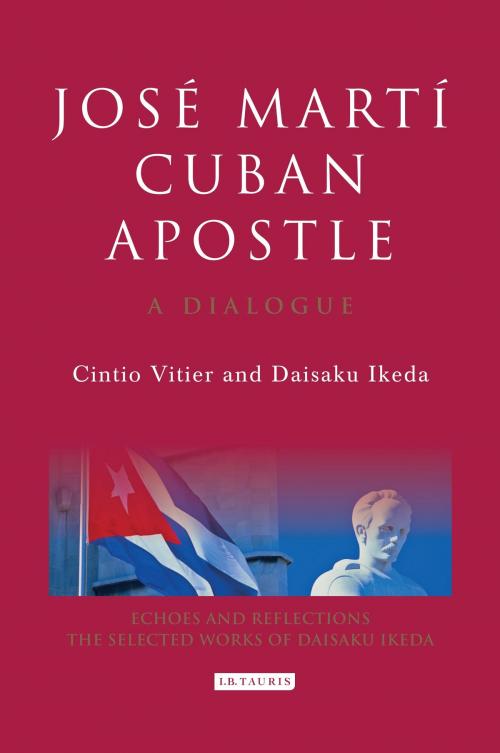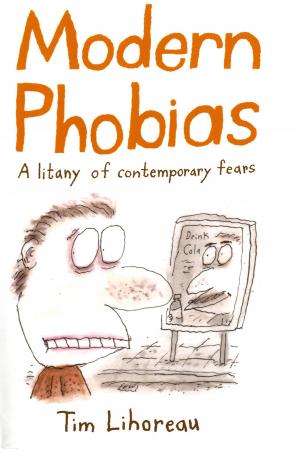José Martí, Cuban Apostle
A Dialogue
Biography & Memoir, Nonfiction, History, Religion & Spirituality| Author: | Cintio Vitier, Daisaku Ikeda | ISBN: | 9781786720030 |
| Publisher: | Bloomsbury Publishing | Publication: | September 17, 2013 |
| Imprint: | I.B. Tauris | Language: | English |
| Author: | Cintio Vitier, Daisaku Ikeda |
| ISBN: | 9781786720030 |
| Publisher: | Bloomsbury Publishing |
| Publication: | September 17, 2013 |
| Imprint: | I.B. Tauris |
| Language: | English |
Once called 'the wellspring of the revolution' by Fidel Castro, José Martí (1853-1895) is revered as one of the greatest figures in the history of Cuba. Not only was he instrumental in the late 19th-century cause of securing Cuban independence from Spain. He is also considered one of Cuba's most brilliant writers, orators and formative intellectuals, who provided inspiration to the young Fidel, Che and their fellow revolutionaries by dedicating his whole life to the goal of national political emancipation. José Martí suffered persecution and early imprisonment for his convictions, and in consequence is often referred to as the 'Cuban Apostle'. In this wide-ranging discussion of Martí's life, work and influence, distinguished Cuban poet Cintio Vitier and prominent Buddhist leader Daisaku Ikeda explore their subject's understanding of non-violence; his nationalism that was also a profound openness to difference and dialogue; his spirituality; his poetical writings; and above all his fundamental dignity, humanity and self-mastery
Once called 'the wellspring of the revolution' by Fidel Castro, José Martí (1853-1895) is revered as one of the greatest figures in the history of Cuba. Not only was he instrumental in the late 19th-century cause of securing Cuban independence from Spain. He is also considered one of Cuba's most brilliant writers, orators and formative intellectuals, who provided inspiration to the young Fidel, Che and their fellow revolutionaries by dedicating his whole life to the goal of national political emancipation. José Martí suffered persecution and early imprisonment for his convictions, and in consequence is often referred to as the 'Cuban Apostle'. In this wide-ranging discussion of Martí's life, work and influence, distinguished Cuban poet Cintio Vitier and prominent Buddhist leader Daisaku Ikeda explore their subject's understanding of non-violence; his nationalism that was also a profound openness to difference and dialogue; his spirituality; his poetical writings; and above all his fundamental dignity, humanity and self-mastery















